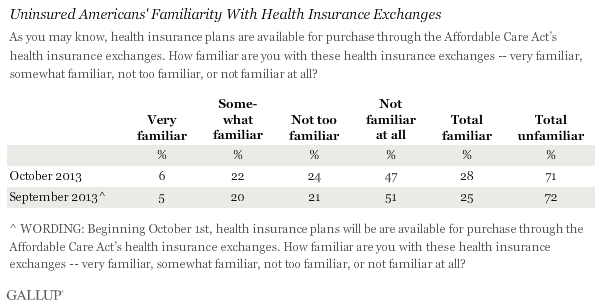 Health plans are sending hundreds of thousands of cancellation letters to people who buy their own coverage, frustrating some consumers who want to keep what they have and forcing others to buy more costly policies.
Health plans are sending hundreds of thousands of cancellation letters to people who buy their own coverage, frustrating some consumers who want to keep what they have and forcing others to buy more costly policies.
The main reason insurers offer is that the policies fall short of what the Affordable Care Act requires starting Jan. 1. Most are ending policies sold after the law passed in March 2010. At least a few are cancelling plans sold to people with pre-existing medical conditions.
By all accounts, the new policies will offer consumers better coverage, in some cases, for comparable cost -- especially after the inclusion of federal subsidies for those who qualify. The law requires policies sold in the individual market to cover 10 “essential” benefits, such as prescription drugs, mental health treatment and maternity care. In addition, insurers cannot reject people with medical problems or charge them higher prices. The policies must also cap consumers’ annual expenses at levels lower than many plans sold before the new rules.
But the cancellation notices, which began arriving in August, have shocked many consumers in light of President Barack Obama’s promise that people could keep their plans if they liked them.
“I don’t feel like I need to change, but I have to,” said Jeff Learned, a television editor in Los Angeles, who must find a new plan for his teenage daughter, who has a health condition that has required multiple surgeries.
An estimated 14 million people purchase their own coverage because they don’t get it through their jobs. Calls to insurers in several states showed that many have sent notices.
Florida Blue, for example, is terminating about 300,000 policies, about 80 percent of its individual policies in the state. Kaiser Permanente in California has sent notices to 160,000 people – about half of its individual business in the state. Insurer Highmark in Pittsburgh is dropping about 20 percent of its individual market customers, while Independence Blue Cross, the major insurer in Philadelphia, is dropping about 45 percent.













